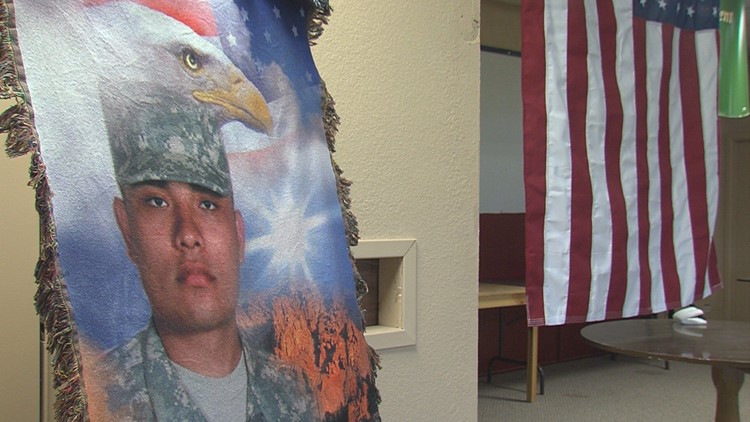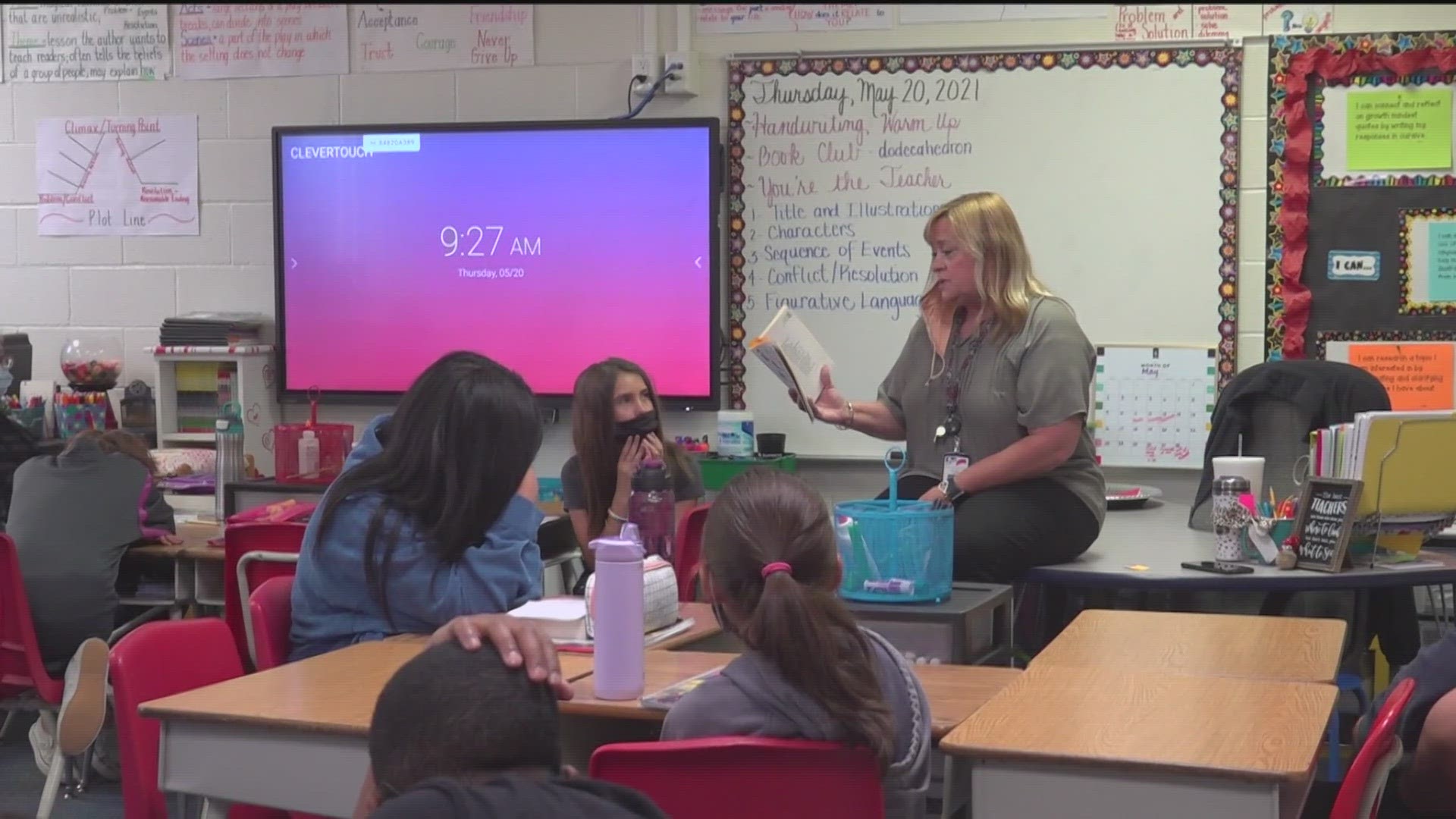June is Post Traumatic Stress Disorder (PTSD) Awareness Month. Many families and the HEART organization came together at the Crane County Country Club to talk about the hardships they face after losing a loved one from the mental illness Sunday morning. This weekend they held a golf tournament in memory of a fallen soldier who battled PTSD.
"It's hard," said Laura Dungan. "You have all these questions that are never going to be answered."
Dungan's brother Alan Cedillo fought a battle with PTSD. He was a combat veteran in the Army Reserves and served in Afghanistan. He loved football and making other people smile.
"Alan was a positive guy, he was always telling me, 'Don't worry about it,' said Dungan. "He was really chill. He was outgoing, he hated being late, he loved being punctual. He was always smiling, just a regular guy, just happy. I always thought he was happy."
But there was something hidden behind his smile.
"There's days when I'm fine and there's days when it feels like it just happened."
Cedillo took his life in August 2012 after suffering in silence from PTSD.
"Especially the way my brother was, there were no signs. To me there were no signs of it," said Dungan. "I never understood PTSD until now."
But the feeling of loss didn't stop there. Almost five years later, Dungan, like many others, is still facing that emptiness every day. Her brother would have made it to his 29th birthday this month.
"I heard a quote, 'When somebody commits suicide, they don't end their pain.' They pass it on," said Dungan. "I suffer from that now. It's just an up and down road. The pain will never go away. You just live with it."
Dungan and her family hope they can let others suffering know that asking for help is the best way to take steps out of the dark.
"If we could stop one person, that would be amazing," she said. "The worst is not getting any help. You've been through the worst, you've seen the worst, if you're suffering from PTSD. People do care. You're not alone, just ask."
If you know someone suffering from PTSD, you can contact the HEART organization for help at (432) 230-9078.



